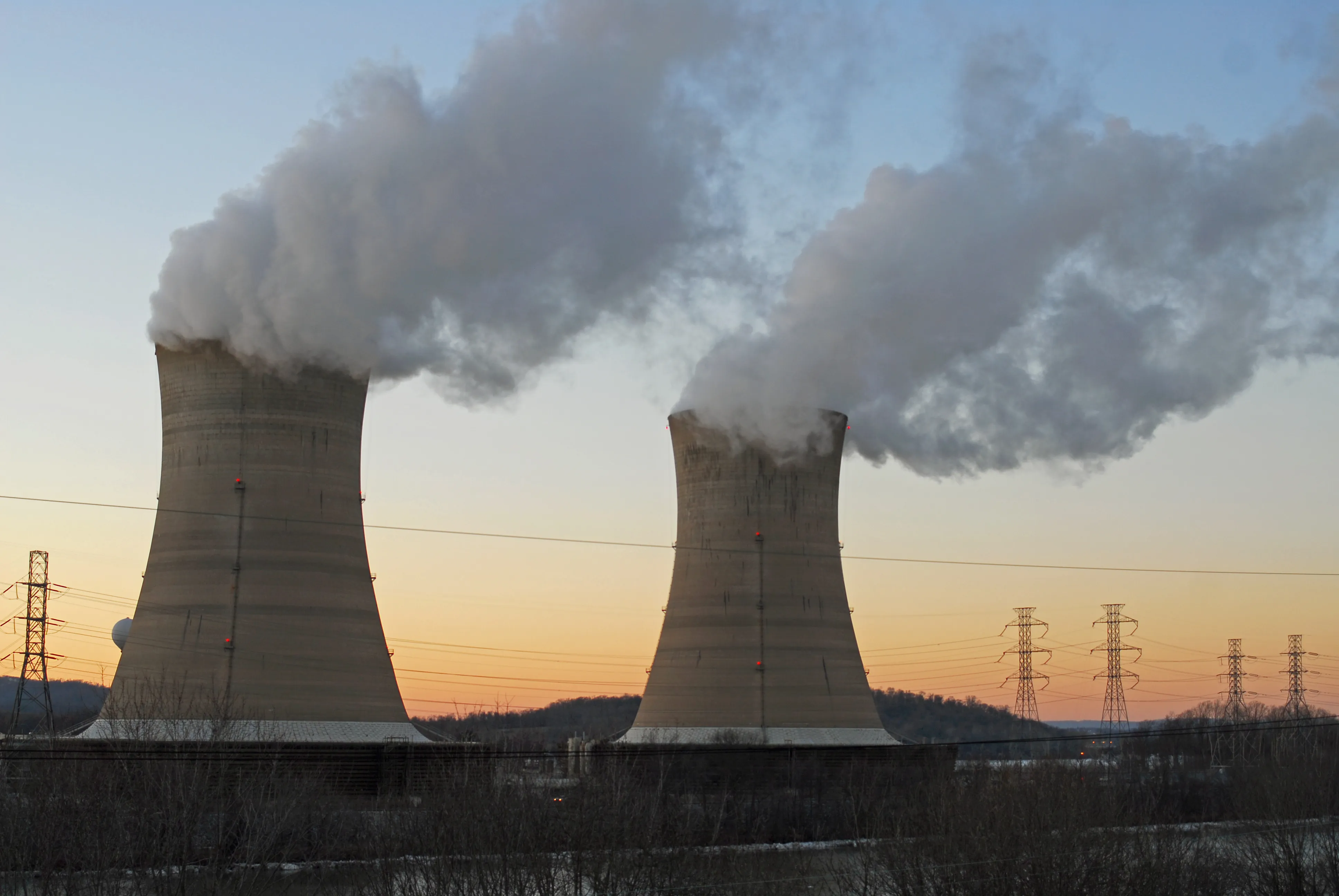Data Center Power Systems: Google Partners with Nuclear Energy for AI Expansion

Data Center Power Systems and Nuclear Innovation
Data center power systems are at the forefront of technological evolution, particularly with Google's recent commitment to harness nuclear energy. In a bold partnership, Google has signed an agreement with Kairos Power to utilize multiple small modular reactors (SMRs) to meet the energy requirements of its AI systems. This groundbreaking deal signifies a major shift as tech companies explore nuclear power as a viable, low-carbon energy source.
Strategic Importance of SMRs
Google aims to bring the first SMR online by 2030, with further reactors expected by 2035 to support the skyrocketing energy demands of AI. As stated by Google, "The grid needs new electricity sources to enable AI technologies that are driving national competitiveness and economic growth." The high output of nuclear reactors presents a consistent energy solution, essential for the ever-expanding requirements of data centers.
- Nuclear power offers consistent energy availability, unlike renewables that are weather-dependent.
- Nuclear energy consumption in data centers is projected to increase significantly.
Challenges in Nuclear Adoption
While the potential benefits of utilizing small modular reactors in data centers are substantial, there are hurdles to address. There are concerns regarding nuclear waste disposal and the regulation of SMR locations. Experts stress that safety and maintenance of these systems must be managed with rigorous oversight as they scale.
- Companies must plan for practical considerations concerning the operation of SMRs.
- Nuclear power regulation could face legislative hurdles as tech firms push for streamlined processes.
This article was prepared using information from open sources in accordance with the principles of Ethical Policy. The editorial team is not responsible for absolute accuracy, as it relies on data from the sources referenced.